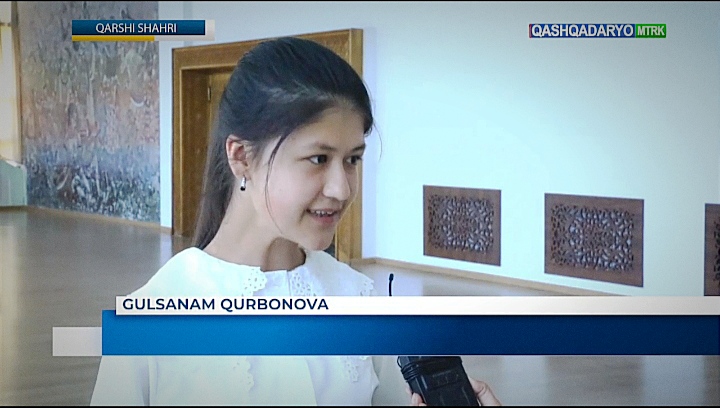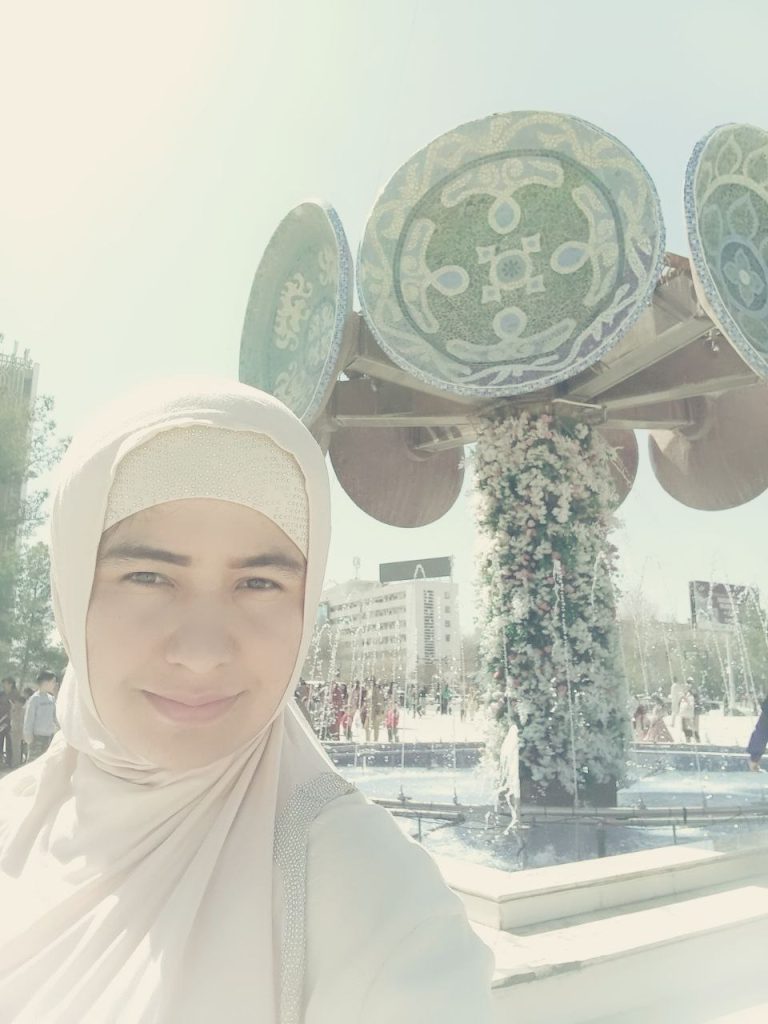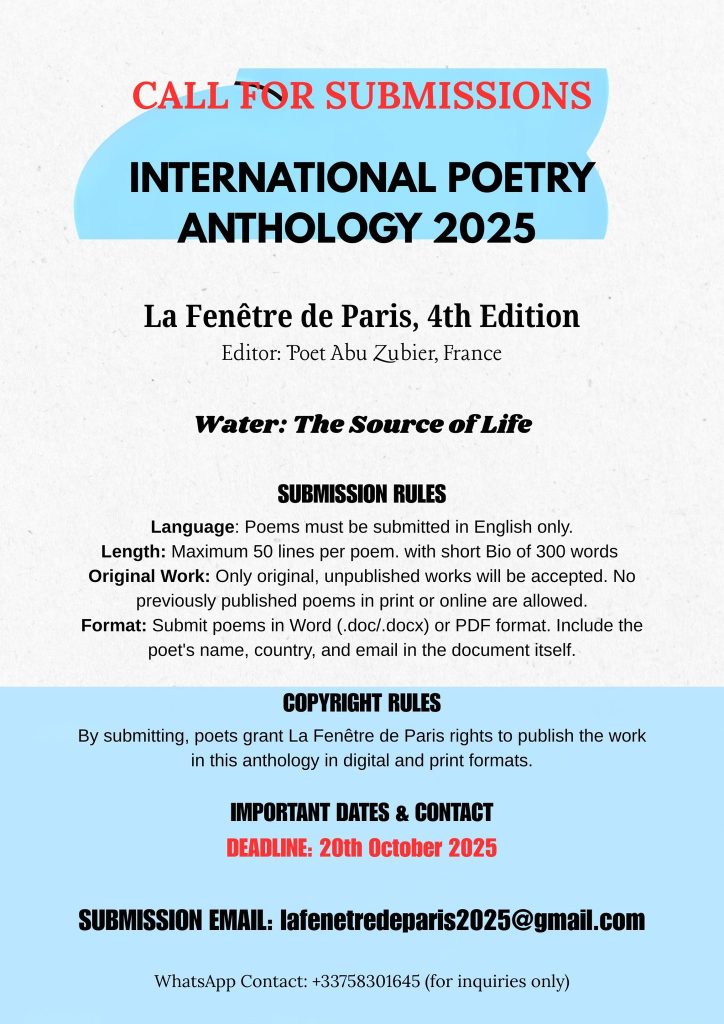Andijon State University
Faculty of Natural Sciences
Chemistry Department 2nd year student
Vaxabdjonova Zarnigor zvaxabdjonova@gmail.com
The chemical composition of chia seeds and their effect on the human body
Annotatsiya:Mazkur maqolada chia urug‘ining kimyoviy tarkibi, oq va qora turlarining o‘ziga xos farqlari hamda inson organizmiga ko‘rsatadigan ta’siri yoritilgan. Chia urug‘i tarkibidagi oqsillar, omega-3 yog‘ kislotalari, tolalar, vitamin va minerallar uning sog‘liq uchun yuqori foydali mahsulot ekanini tasdiqlaydi. Maqolada chia urug‘ining yurak-qon tomir tizimi, ovqat hazm qilish jarayoni, suyak va qon shakar darajasiga ijobiy ta’siri ko‘rsatib o‘tilgan. Shuningdek, uning qo‘llanishidagi ayrim cheklovlar va ehtiyot choralariga ham e’tibor qaratilgan. Tadqiqot natijalari chia urug‘ining funksional oziq mahsuloti sifatida kundalik ovqatlanishda qo‘llanilishi mumkinligini ko‘rsatadi.
Kalit so‘zlar: chia urug‘i, kimyoviy tarkib, oq va qora turlar, sog‘liq, funksional oziq, kontrendikatsiya
Abstract:This article highlights the chemical composition of chia seeds, the distinctive characteristics of the white and black varieties, and their effects on the human body. The presence of proteins, omega-3 fatty acids, fiber, vitamins, and minerals confirms chia’s high health benefits. The article discusses the positive impact of chia seeds on the cardiovascular system, digestion, bone health, and blood sugar levels. Attention is also given to certain limitations and precautions in their use. The research findings demonstrate the potential for chia seeds to be used as a functional food product in daily nutrition.
Keywords: chia seeds, chemical composition, white and black varieties, health, functional food, contraindications
Аннотация:В данной статье освещены химический состав семян чиа, особенности белого и черного сортов, а также их влияние на организм человека. Содержание белков, омега-3 жирных кислот, клетчатки, витаминов и минералов подтверждает высокую полезность чиа для здоровья. В статье рассматривается положительное воздействие семян чиа на сердечно-сосудистую систему, пищеварение, здоровье костей и уровень сахара в крови. Также уделено внимание некоторым ограничениям и мерам предосторожности при их применении. Результаты исследования показывают возможность использования семян чиа как функционального пищевого продукта в ежедневном рационе.
Ключевые слова: семена чиа, химический состав, белый и черный сорта, здоровье, функциональная пища, противопоказания
Introduction
The issues of human health and longevity have intrigued scientists and physicians since ancient times. Today, the pursuit of a healthy lifestyle on a global scale, the production of functional food products, and their effective use have become pressing issues. From this perspective, chia seeds (Salvia hispanica L.), which have a long history and remain the focus of scientific research today, deserve special attention. Chia seeds have been used since ancient times by the peoples of Central and South America, especially the Maya and Aztecs, as a primary food source. Historical sources describe chia seeds as a “source of strength,” valuing them as a food that supports human health and physical activity. Today, chia seeds are considered a subject of research not only in traditional medicine but also in modern science and medicine due to their unique chemical composition, biologically active components, and functional properties.
The significance of chia seeds is not only in their use in the food industry, but also in their potential for practical application in the pharmaceutical and medical fields. This article highlights the chemical composition of chia seeds, the differences between white and black chia seeds, and their effects on the cardiovascular system, digestion, bone strength, and blood sugar levels, based on scientific evidence. This demonstrates that chia seeds are a promising source that can be widely used internationally as a functional food and biological supplement.
In recent years, the development of the concept of healthy eating worldwide has increased scientific and practical interest in chia seeds. The unique feature of chia seeds is that they are not only high in energy value, but also rich in various biologically active substances essential for the human body, such as proteins, unsaturated fatty acids (especially omega-3), fibre, vitamins and minerals, confirming its high value as a functional food product. As a result, chia seeds are considered an effective means of preventing many diseases, boosting the body’s defences and regulating metabolic processes.
Furthermore, the chemical composition of black and white chia seeds requires a deeper understanding of their mechanisms of action on the human body.
The importance of studying this topic lies in the fact that modern biology and medicine are increasingly recognising the importance of healthy eating. Through in-depth study of the chemical composition of chia seeds, opportunities are opening up for their wider use in the food industry, pharmaceuticals and biotechnology. Therefore, this research is not only theoretically but also practically significant.
Main section
The chemical composition of chia seeds has been thoroughly studied through scientific research, and it is clear that they contain components with high biological value. The composition of chia seeds includes 20-22% of carbohydrates, 30-35% of proteins, and 25-30% of fats, with a particularly high content of unsaturated fatty acids such as omega-3 and omega-6. The mineral content of calcium, magnesium, phosphorus, potassium, and iron is significantly high, and vitamins A, E, C, and B group vitamins have been identified. The combination of these components makes chia seeds a functional food product.
One of the main biologically important components of chia seeds is their balanced amino acid composition. This plays an important role in the growth of muscle tissue, metabolism at the cellular level, and meeting the body’s energy needs. Yogurt acids have a positive effect on the functioning of the cardiovascular system, regulating cholesterol levels and preventing atherosclerosis. For this reason, chia seeds are considered a natural preventive measure for maintaining heart health.
Certain differences are also observed between white and black varieties of Chia seeds. For example, white chia seeds have relatively higher levels of calcium and omega-3 fatty acids, while black varieties have higher levels of fiber and iron. This allows them to be used for various physiological needs and health support purposes. These properties further expand the prospects of chia seeds in the production of pharmaceutical and dietary products.
Dietary fibers occupy a special place in chia seeds. They regulate the digestive process, develop beneficial intestinal microflora and help stabilize blood glucose levels. For this reason, chia seeds can be used as an effective biologically active additive in the Prevention of diabetes and obesity. Antioxidant substances, on the other hand, reduce the harmful effects of free radicals, slow down the aging process of cells and strengthen the immune system.
Scientific research in recent years shows that regular consumption of chia seeds produces a number of positive changes in the human body. In particular, it has been found to be effective in lowering blood pressure, improving brain function, increasing bone mineral density, raising overall energy levels, and reducing inflammatory processes. However, studies also emphasize the need to moderate its consumption, as despite the fact that chia seeds are considered a “superfood,” they also have some negative aspects. The main problem is high amounts of cutlets, especially insoluble cutlets. It can cause discomfort in the gastrointestinal tract, especially in people with a sensitive Ham making system, or if consumed in large quantities, such as resting on the abdomen and causing metiorism.
This scientific evidence shows the possibility of widespread use of chia seeds in modern nutrition, in the pharmaceutical industry, and in medical practice. Also, its naturalness and richness in biologically active substances form the basis for the recognition of chia seeds as a promising resource for the preservation and strengthening of human health.
Conclusion
The scientific evidence presented above is that of the chia seed (Salvia hispanica L.) confirm that it is a unique nutrient source with high biological value. Its proteins, omega-3 and omega-6 fat kilotas, dietary fibers, vitamins and minerals support important physiological processes in the human body. Chia seeds are distinguished as an effective tool for improving the functioning of the cardiovascular system, normalizing digestive processes, increasing bone strength and stabilizing blood glucose levels.
Differences in the chemical composition of white and black varieties make it possible to adapt and apply them in order to support various needs and health. At the same time, it is important to maintain moderation in the consumption of chia seeds, since a high content of fibers can cause discomfort in the gastrointestinal system.
The results obtained indicate that chia seeds are a promising resource that can be widely used as a functional food and biologically active supplement in modern nutrition, pharmaceuticals, and medical practice.
References
- Ullah R, Nadeem M, Khalique A, Imran M, Mehmood S, Javid A, et al. Nutritional and therapeutic perspectives of Chia (Salvia hispanica L.): a review. J Food Sci Technol. 2016;53(4):1750–8.
�� SpringerLink - Muñoz LA, Cobos A, Diaz O, Aguilera JM. Chia seeds: microstructure, mucilage extraction and hydration. J Food Eng. 2012;108(1):216–24.
�� ScienceDirect - Ayerza R, Coates W. Dietary levels of Chia: influence on yolk cholesterol, lipid content and fatty acid composition for two strains of hens. Poult Sci. 2000;79(5):724–39.
�� Oxford Academic - Capitani MI, Spotorno V, Nolasco SM, Tomás MC. Physicochemical and functional characterization of by-products from Chia (Salvia hispanica L.) seeds of Argentina. LWT – Food Sci Technol. 2012;45(1):94–102.
�� ScienceDirect - Segura-Campos MR, Ciau-Solís NA, Rosado-Rubio G, Chel-Guerrero L, Betancur-Ancona D. Chemical and functional properties of Chia seed (Salvia hispanica L.) gum. Int J Food Sci. 2014;2014:241053.
�� Hindawi - Valdivia-López MÁ, Tecante A. Chia (Salvia hispanica): A review of native Mexican seed and its nutritional and functional properties. Adv Food Nutr Res. 2015;75:53–75.
�� ScienceDirect - Ullah R, Khan S, Khan F. Nutritional and medicinal importance of Chia seeds: a review. Int J Biol Biotechnol. 2021;18(2):243–50.
�� ResearchGate





